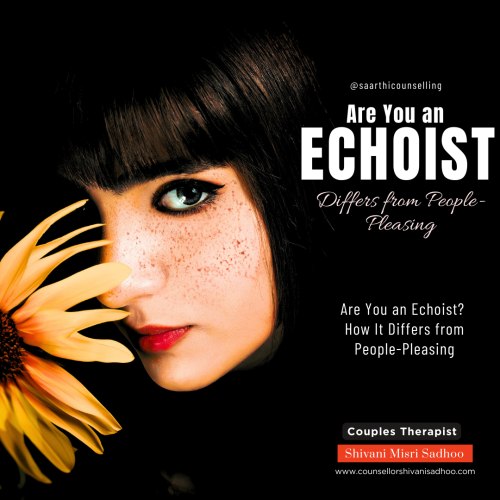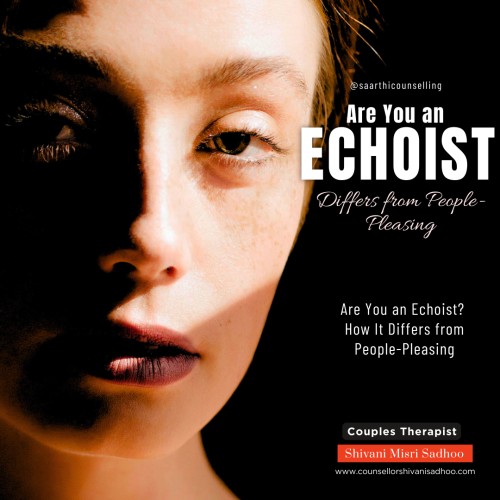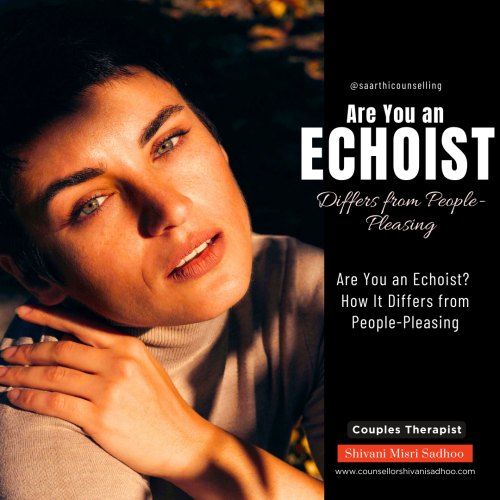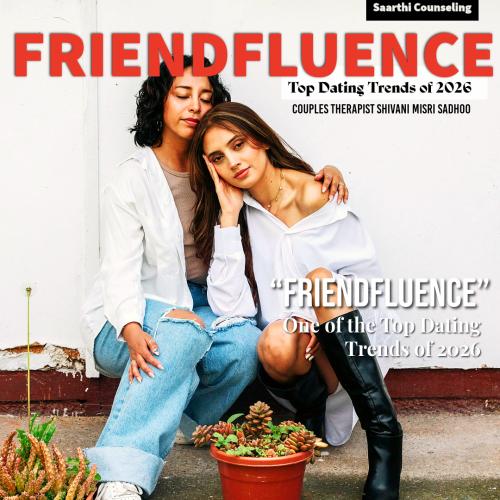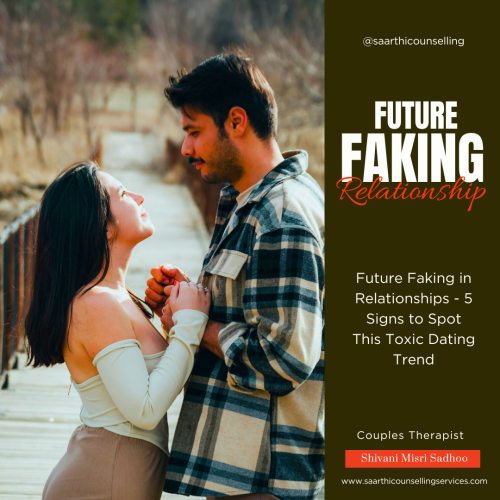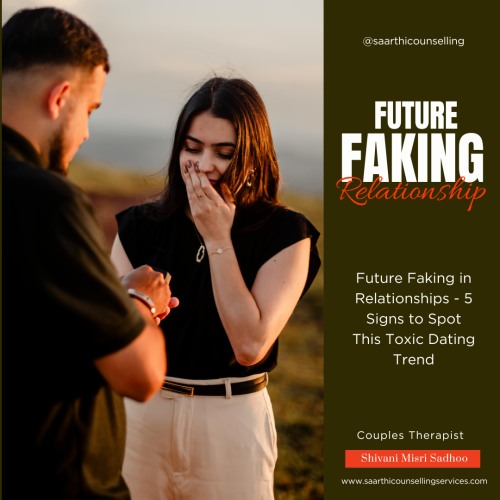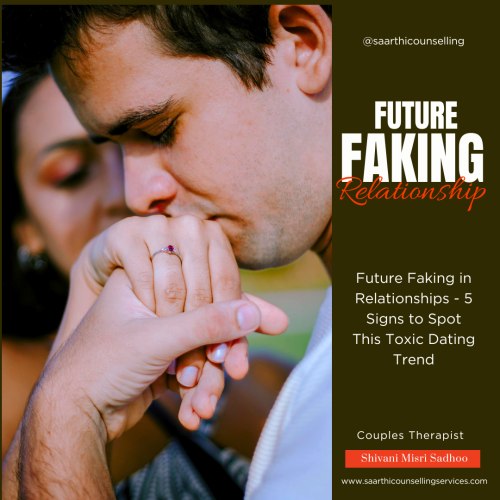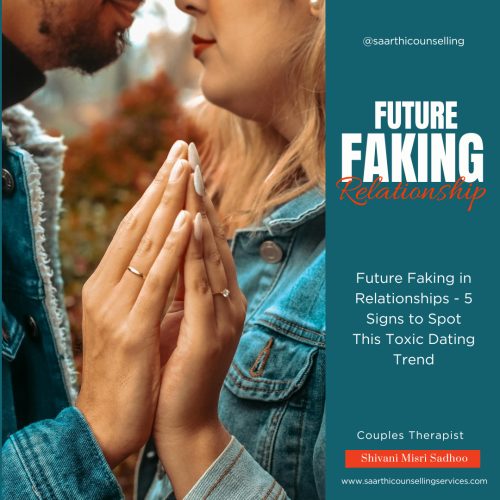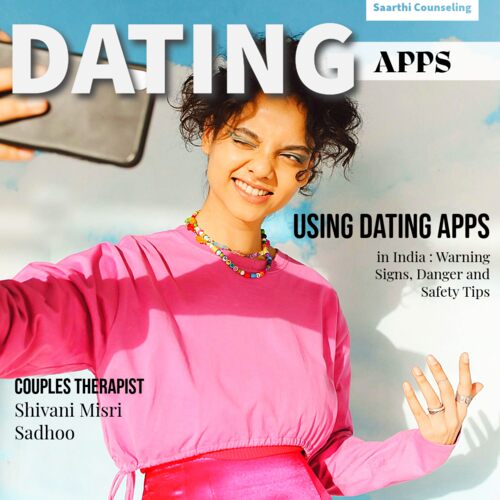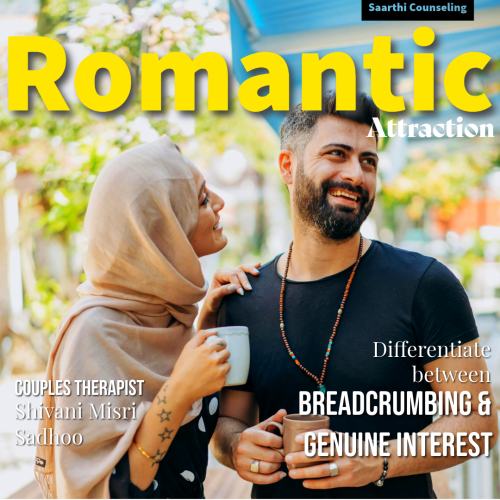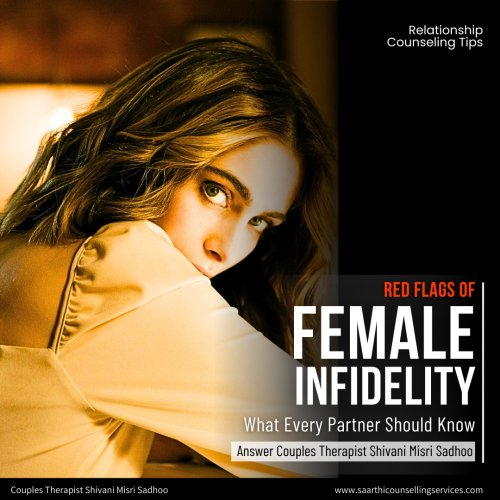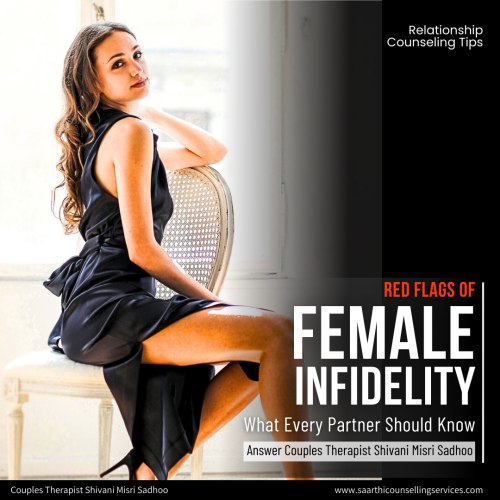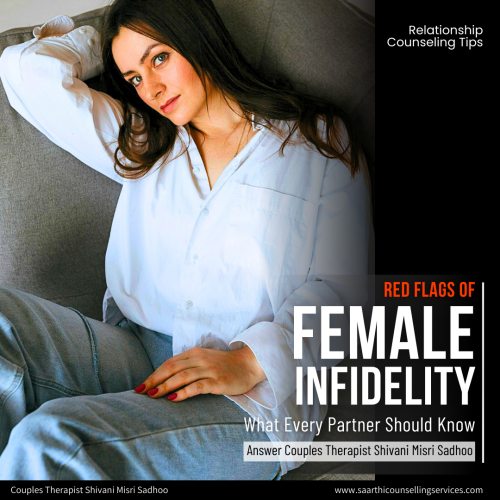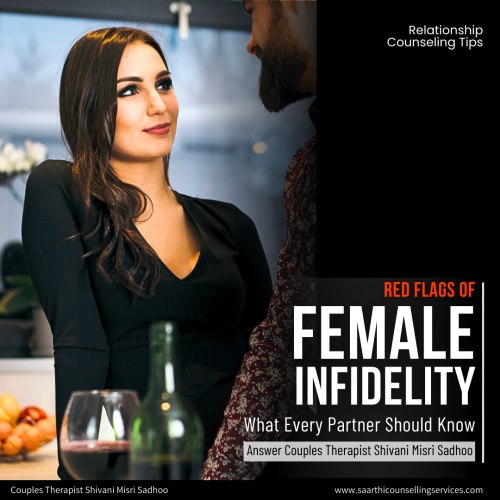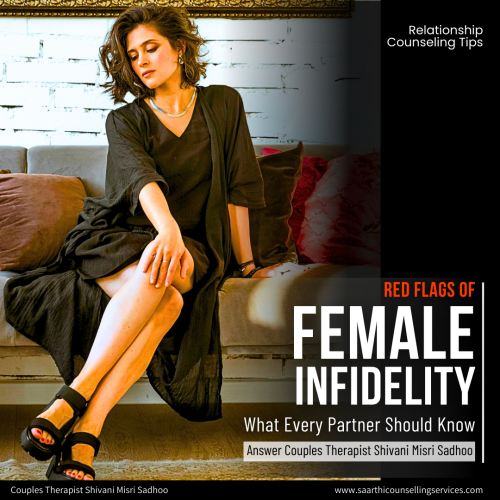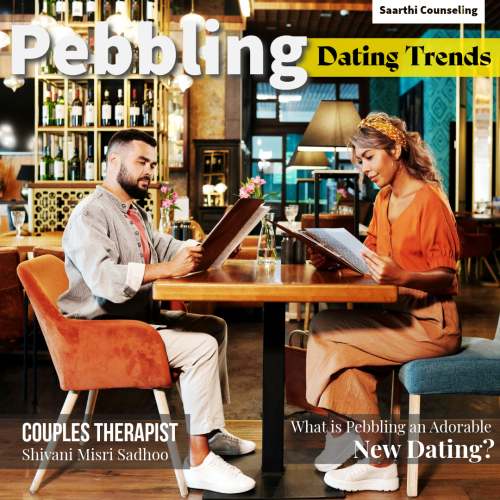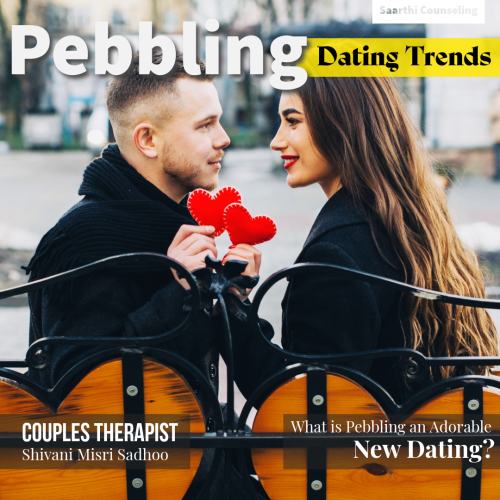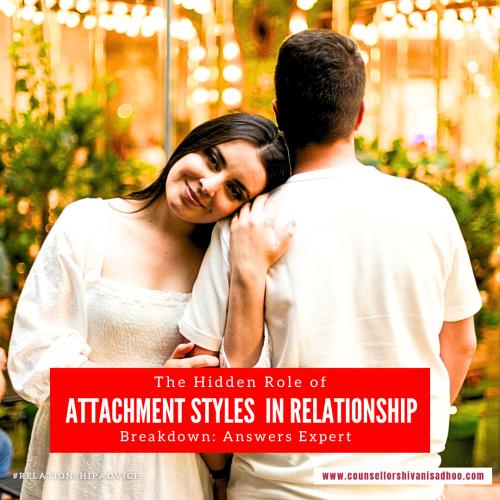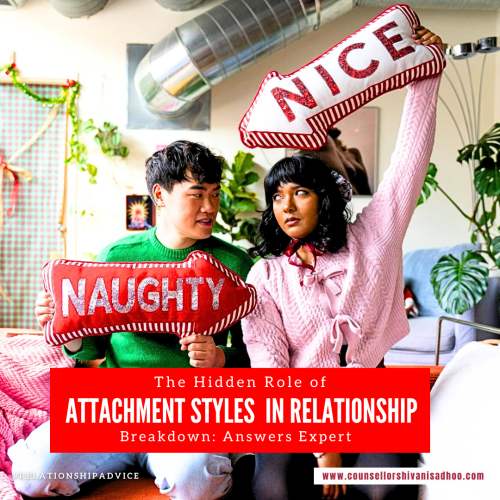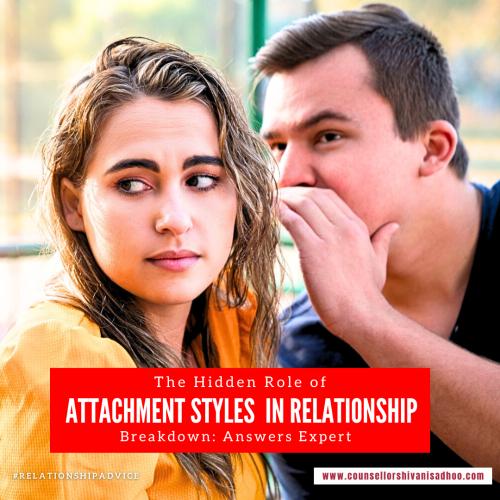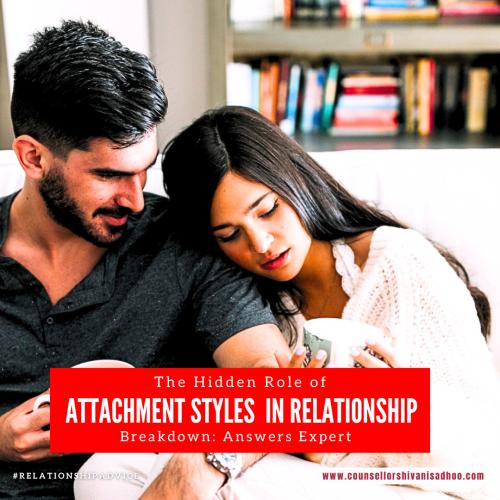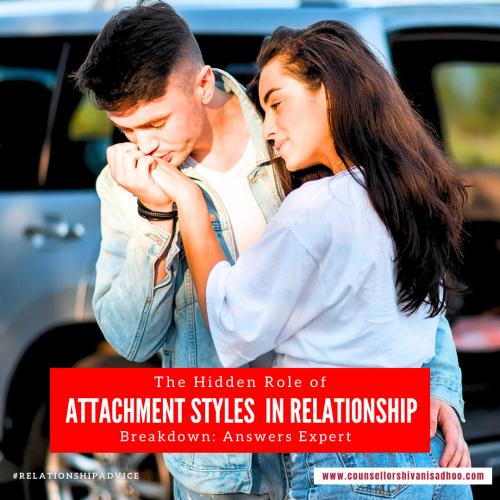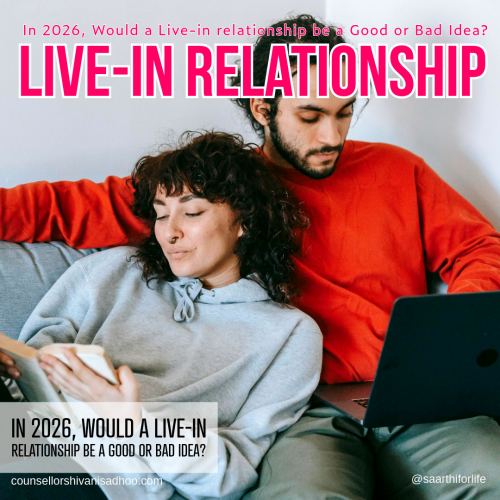In conversations about personality and emotional health, most people are familiar with terms like narcissism or people-pleasing. Yet there is another, quieter pattern that often goes unnoticed—echoism. It doesn’t show up as loud self-importance or dramatic behaviour. Instead, it hides behind excessive humility, silence, and self-minimisation. Understanding echoism can help you recognise whether you are genuinely kind—or unintentionally erasing yourself. Let us find out from Shivani Misri Sadhoo, an experienced couples therapist and relationship counsellor.
Who Is an Echoist?
An echoist is a person who fears appearing self-centred and therefore suppresses their own needs, opinions, and achievements. The concept was popularised by psychologist Craig Malkin, inspired by the Greek myth of Echo, a figure who could only repeat others’ words and gradually lost her own voice.
In psychological terms, echoism is often described as a personality pattern at the opposite extreme of narcissism. While narcissistic individuals seek admiration and attention, echoists feel deeply uncomfortable receiving attention. They tend to:
- Downplay accomplishments
- Avoid expressing strong preferences
- Feel guilty asking for help
- Stay silent to prevent conflict
- Struggle to assert personal boundaries
An echoist is not simply shy or introverted. The defining trait is the anxiety around taking up space—emotionally or socially. They may believe that having needs makes them selfish, so they minimise themselves to feel safe.
What Is Echoism in Simple Terms?
Echoism is a coping style where a person consistently puts others’ emotional experiences ahead of their own, to the point of self-neglect. It often develops as a protective strategy in environments where attention leads to criticism, rejection, or overshadowing by dominant personalities.
Over time, the individual learns that being “low maintenance” feels safer than being expressive. They may pride themselves on not needing much, but internally, they might feel unseen or unheard.
How Is Echoism Different from People-Pleasing?
At first glance, echoism and people-pleasing appear similar because both involve prioritising others. However, their motivations differ.
People-pleasers generally seek approval. They want to be liked, valued, and appreciated. They may say yes to everything, avoid disagreement, and overcommit—but they still hope their efforts are noticed.
Echoists, in contrast, do not want attention. They do not crave validation. In fact, praise can make them uncomfortable. Instead of wanting recognition, they prefer to stay in the background. Their focus is not on gaining approval but on avoiding appearing demanding or self-focused.
Another difference lies in self-awareness. People-pleasers usually know what they want but suppress it to maintain harmony. Echoists may become so disconnected from their own desires that identifying them becomes difficult.
Emotional Effects of Being an Echoist
Echoism can quietly impact self-esteem and relationships. When someone repeatedly silences their own needs, emotional exhaustion can build. They may feel invisible in friendships or romantic partnerships, especially if paired with dominant personalities.
Over time, this dynamic can lead to anxiety, suppressed resentment, and difficulty making decisions. Because echoists rarely assert themselves, others may assume they are always content—even when they are not. The real cost of echoism is not kindness; it is self-erasure.
Can an Echoist Change?
Echoism is not a permanent personality label. It is a learned pattern—and learned patterns can shift. Growth begins with recognizing that having needs does not equal selfishness.
Developing balance involves practicing small acts of self-expression, accepting compliments without dismissing them, and slowly building comfort with being seen. The goal is not to become attention-seeking but to allow yourself equal emotional space in relationships.
So, who is an echoist? An echoist is someone who minimizes themselves out of fear of being “too much.” Unlike a people-pleaser who seeks approval, an echoist seeks invisibility. While this pattern may once have served as protection, in adulthood, it can limit connection and fulfillment.
Healthy emotional living is not about dominating others or disappearing for them. It is about existing fully—without apology.
